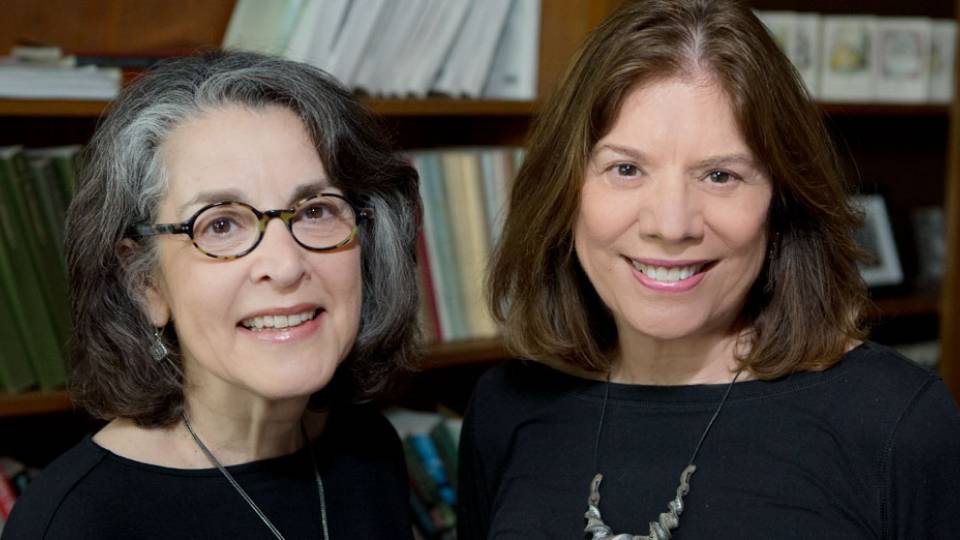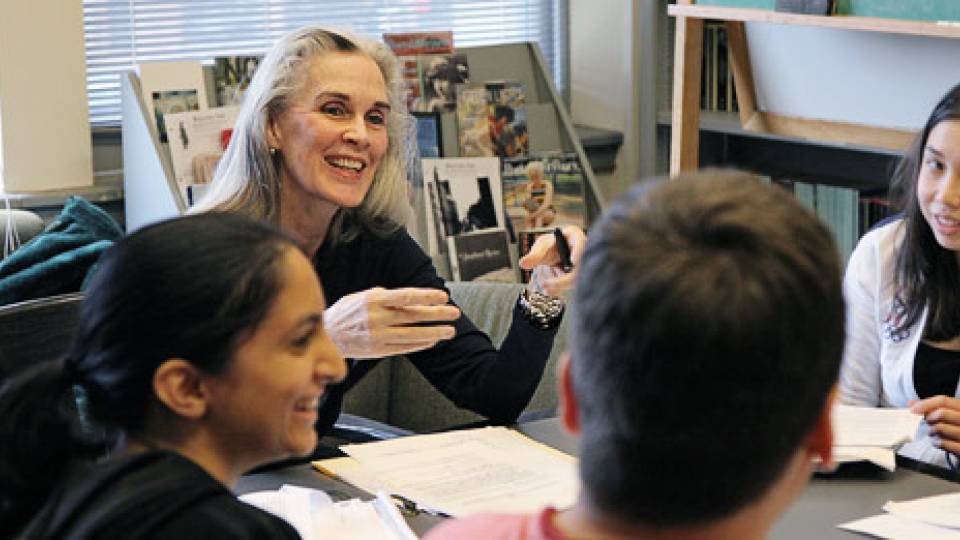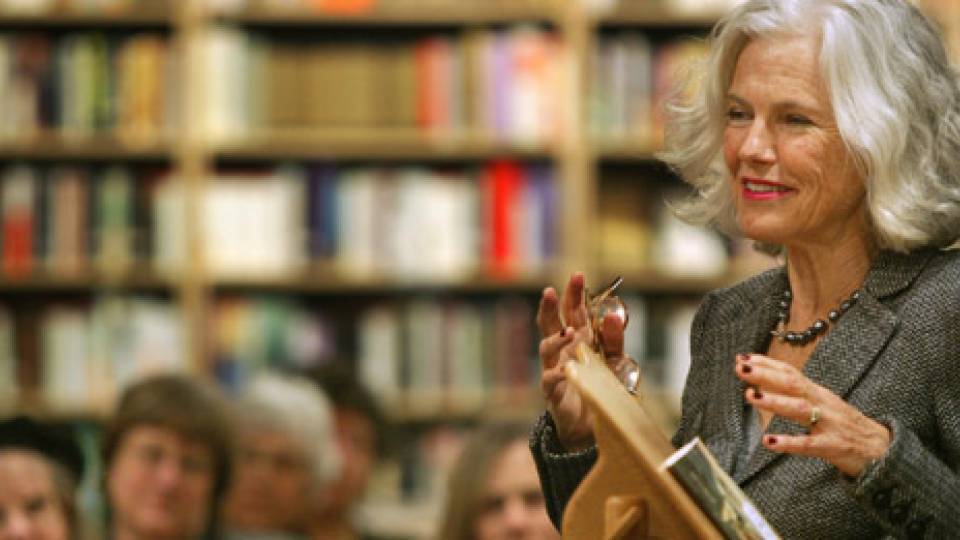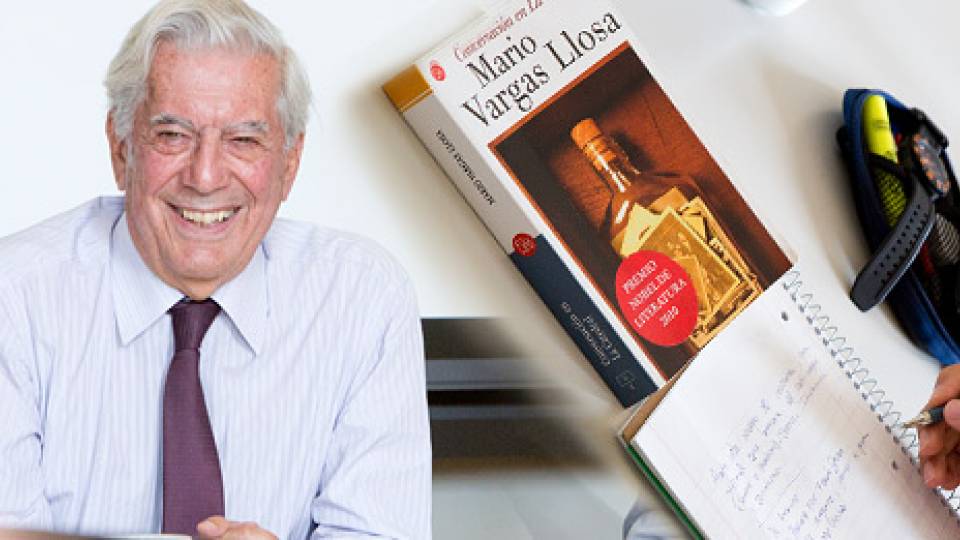After 40 years of teaching literature, Elaine Showalter has written a book that inspires the conversation about teaching literary studies.
"Teaching Literature," published last December by Blackwell Publishing, distills Showalter's insights about teaching and presents numerous personal anecdotes from colleagues and former students that demonstrate a variety of approaches to teaching in the field of literature. The book emphasizes finding ways of "doing it together."
The Avalon Foundation Professor of the Humanities also is the author of "Inventing Herself," "Sister's Choice: Tradition and Change in American Women's Writing," "Sexual Anarchy," "The Female Malady: Women, Madness and Society 1830-1980" and "A Literature of Their Own: British Women Novelists from Brontë to Lessing."
Showalter, who came to Princeton in 1984, is retiring at the end of this semester to pursue other intellectual projects. She currently is teaching "The American Short Story" for undergraduate students and the graduate student course, "Literature and Gender: American Women Writers."
Showalter talked to the Princeton Weekly Bulletin about what it means to teach literature and what the future holds. An excerpt from the interview follows:
You've regularly taught a popular course on contemporary fiction. How do you teach new material that challenges literary conventions?
In the contemporary fiction course I have the luxury of teaching only books that I love. For the period that I'm teaching, from 1960 to 2002, there are probably 100,000 novels that have been published and I get to choose 12 of them.
With contemporary fiction you get to explore problems and try to solve them.
The novel we did this year that was particularly interesting and meaningful for the students was Jonathan Safran Foer's "Everything Is Illuminated." Jonathan is a member of the class of 1999. His novel has two narrators, both of them unreliable. It is influenced by magical realism and deals profoundly with the Holocaust and is written in an inventive language of a Russian trying to speak English with the use of a thesaurus.
Jonathan came to class and to a precept. It was a wonderful experience for the students, who are essentially his contemporaries, and for me it was an incredibly satisfying closure because it was the last time I'd be teaching that course and to have a Princeton graduate involved made everything come together. It was thrilling. Jonathan is brilliant, engaging and modest. The novel was his senior thesis. He was extremely open to talking about the writing process -- many writers don't want to do that -- and that was what really mattered. It was great and for all of us a particularly festive and powerful part of the class.
The full interview is available in the Weekly Bulletin.
Contact: Evelyn Tu (609) 258-3601




